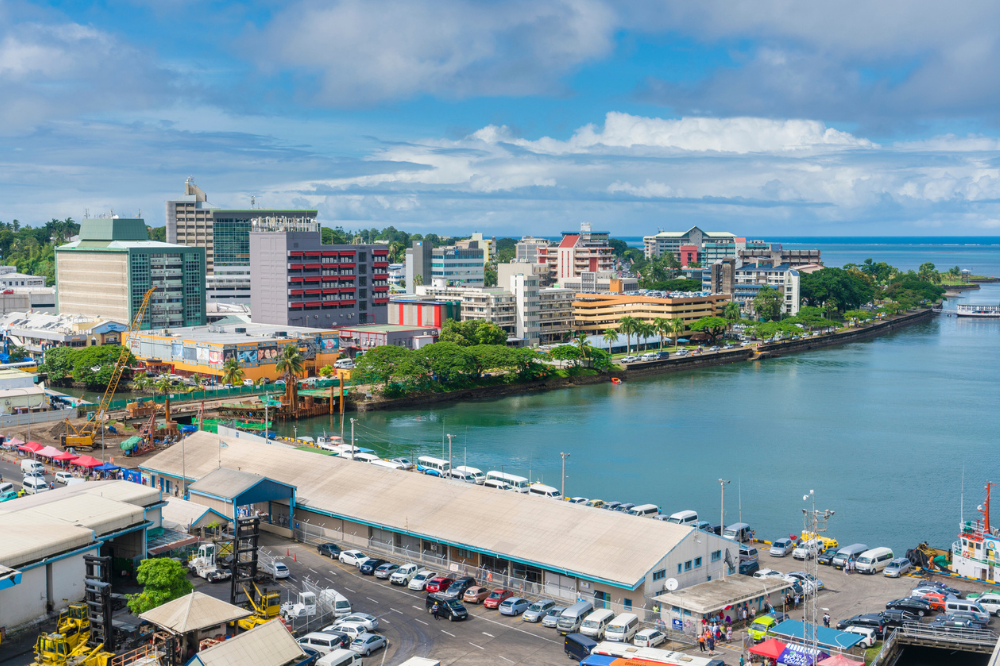Howden collaborates with UNCDF to build climate resilience in Fiji

Parametric insurance is a pre-arranged financing instrument that can provide rapid access to funds following a specified natural disaster – this disaster is known as the “trigger” event. This insurance can simultaneously help narrow the protection gap in the Pacific and harness private-sector acumen and resources to bolster disaster relief activities.
Through its private insurance partners FijiCare, Sun Insurance, and Tower Insurance, PICAP has developed two products for the Fiji market that cover losses from weather events like heavy wind and rainfall. Both products offer payout options of FJ$1,000 (US$500), FJ$2,000 (US$1,000) and FJ$3,000 (US$1,500). All options come with a VAT-free premium of 10% per annum.
“Expertise, resources, and proven models”
The first two weeks of January saw Fiji experiencing heavy rainfall, resulting in a trigger payment of the parametric insurance product. Payments were transferred digitally to 536 beneficiaries, all of them receiving payouts in their mobile wallets 10 days after getting the final verified data from the Fiji Meteorological Office and the index monitor, thereby demonstrating the value of the parametric risk transfer.
Howden has also provided subsidy support for the premiums of beneficiaries most vulnerable to damage from tropical cyclones and floods, including smallholder farmers, fishermen, market vendors, female-headed households, and people with disabilities.
“Rising global temperatures are causing an increase in the frequency and severity of disasters, which is putting disaster relief funding models under significant pressure. The private sector has the expertise, resources, and now proven models that have the potential to transform how disaster relief is funded,” Howden Group CEO David Howden said.
“We are proud to support the UNCDF and its partners on the PICAP and hope to see programmes like this playing a much bigger role in disaster relief funding strategies. But climate change isn’t hanging around; we need to scale this model, and fast,” he said.
PICAP is a joint implementation by the UNCDF, the UN Development Program (UNDP), and the UN University Institute for Environment and Human Security (UNU-EHS). It’s also supported by the governments of New Zealand, Australia, and Luxembourg.
“Although the parametric microinsurance offered in Fiji is market-based, the most vulnerable and low-income households require premium subsidy towards this,” said Krishnan Narasimhan, UNCDF global lead specialist for climate risk insurance and PICAP program manager. “Howden Group’s commitment to making this kind of insurance more accessible to those communities most vulnerable to climate-related disasters is indeed welcome and commendable.”
TigerRisk Partners had recently completed their rebrand, with the group now named Howden Tiger, following completion of Howden Group’s purchase of the risk, capital, and strategic advisor.
What are your thoughts on this story? Please feel free to share your comments below.





